RSPCA South Australia unable to accept unvaccinated cats
In response to a nationwide supply shortage of core cat vaccinations, RSPCA South Australia has placed a temporary hold – effective immediately – on accepting any surrendered or stray cats at its shelters. The hold will remain in place until further notice.
An exception will be made for surrendered cats whose owners can provide a certificate as evidence of their cats being vaccinated in the last two years. Surrenders are by appointment only and cats will be accessed on a case-by-case basis, dependent on the cat’s vaccine status and the shelter’s capacity to accommodate the animal at the time.
Due to their high vulnerability, kittens aged less than six months will continue to be taken in for the time being. As per usual practise, strict quarantine protocols are in place to ensure all shelter animals are safe.
FAQs about the cat vaccine shortage:
What cat vaccines are in short supply?
The vaccines in short supply are a combination of vaccinations commonly known as F3 vaccination. They protect against key diseases including enteritis (feline parvo) and feline calcivirus/feline herpesvirus (cat flu).
How effective are these vaccines?
Vaccinated cats will either show no signs of illness or are less likely to become seriously ill from specific diseases.
Why are these vaccines important?
Feline parvo is highly contagious and ultimately fatal in unvaccinated felines.
Cat flu is a common virus, much like a human cold, and also highly contagious. It is not usually serious in healthy adult cats (causes a fever and runny nose). However, in some cats it can create serious respiratory disease and be fatal. Very young kittens are also at higher risk.
When are cats and kittens supposed to be given the F3 vaccination?
The first core vaccination administered to kittens is from 6-8 weeks of age, then every 3–4 weeks until 16–20 weeks of age. The World Small Animal Veterinary Association (WSAVA) now recommends that a booster vaccine is then given at 6 months of age to ensure that a protective immune response develops in any cat that may not have responded to any of the first three vaccines.
An adult cat who has received a primary vaccination course will require the core vaccination every 1-3 years, depending on the duration of immunity provided by the vaccine your veterinarian uses and the cat’s individual circumstances. Check with your veterinarian.
If you have an adult cat who has not been vaccinated or whose vaccination history or status is unknown, they will need two doses of the core vaccination, 3–4 weeks apart. After this the cat should receive a vaccination every 1–3 years. If you’re introducing another cat with an unknown vaccination history to your household, if possible, ensure vaccination with core vaccines at least a week before bringing the cat home to meet your other animals.
Why is the timing of the shortage causing concern?
Kittens are the most at-risk population, and we are now in “kitten season”. This term describes the most usual period in which cats mate and give birth.
While cats can breed nearly all year long, kitten season tends to begin as the temperature increases around September/October and slows down as the temperature cools, around April/May.
Why is there a shortage of cat vaccinations?
The shortage is being attributed to several factors.
- During Covid, factories making the vaccine were repurposed to manufacture Covid vaccines
- Some suppliers have reported batch failures caused by errors during manufacturing
- Cat/kitten ownership increased during the pandemic, resulting in increased demand for vaccines
There is no manufacturer of cat vaccines in Australia – they are all manufactured overseas.
How are vet clinics being impacted and how are they managing the current vaccine supply issue?
Some vet clinics are reporting that they have run out of vaccine supplies while others have limited stock remaining.
As a result, existing stock is being rationed (in line with advice from the Australian Veterinary Association) to ensure the most vulnerable felines (principally kittens) are vaccinated.
What should I do if I have an unvaccinated kitten?
If you have a kitten or if you plan to get a kitten, and you are unable to find a vet with the vaccines, you will need to keep it indoors and away from roaming cats until supplies are restored.
What should I do if my adult cat is due for a booster vaccination?
Without boosters, immunity will fade and cats will become susceptible to the diseases.
If your cat is due for a booster vaccination and your vet is unable to provide it at this time, RSPCA advises cat owners to keep their pet indoors and away from animals that aren’t part of their household as they await the increased availability of the vaccines.
Please note it is important to continue to bring your cat to your vet for yearly health check-ups as it is one of the most important things you can do to help your cat stay healthy. This is especially true for older cats.
What if my cat is always kept indoors?
If you have an indoor-only cat that has had regular yearly vaccines, then it is well covered against the core vaccine diseases.
Even if your cat is due for a booster vaccine but is unable to receive it due to the current shortage, it would be at low risk of contracting the diseases due to not being outside and therefore exposed to roaming cats.
What if my cat is booked in at a cattery because we are going away?
Catteries require evidence that vaccinations are up to date. If you are unable to obtain a booster vaccination for your cat, inquire about the quarantine procedures in place at the cattery to ensure your cat is not exposed to the risk of disease. Also consider alternate options for care, such as having someone stay in your home and provide care.
How long is the shortage expected to last?
While it is hoped that the vaccine shortage will only last until early next year, the situation is evolving and difficult to predict at this time.
Is there also a shortage of vaccinations for dogs?
No, vaccinations for dogs are not in short supply because there are many more manufacturers of dog vaccines than cat vaccines.
What is the impact on RSPCA SA and how is the organisation managing the shortage?
RSPCA SA’s vet team is trying to source more vaccines, but in the current situation where supplies are not being replenished, the team needs to prioritise the vaccination of kittens because they are the most at risk.
Aside from incoming kittens, the remaining vaccination stock will be used to complete vaccine regimes for cats already in RSPCA SA care and to respond to the intake of cats through the inspectorate.
Quarantine protocols have been taken to their highest level with incoming kittens and foster carers have been asked to keep kittens in their homes for as long as possible to minimise the animals’ time in the shelter.
Can I still surrender my cat or kitten to RSPCA SA?
RSPCA SA is currently not taking in surrendered adult cats (older than six months) unless owners have certificate proof that their cat has been vaccinated in the last two years. RSPCA SA has stringent vaccination protocols for every incoming cat and cannot accept any unvaccinated cats until vaccine supplies are replenished.
Our shelters will continue to accept kittens (less than six months) if they have capacity to take them in.
NOTE – all surrenders are by appointment only. Ph RSPCA SA on 1300 477 722.
Are cats and kittens still available to adopt from RSPCA SA’s shelters?
Yes! We encourage our community to help us through this difficult time by providing homes to the cats and kittens available to adopt. They are all vaccinated, desexed, microchipped and ready to be someone’s new companion.
Available animals can be viewed online – https://www.rspcasa.org.au/adopt/
Is there any way I can assist RSPCA SA through this challenging time?
We understand the concerns and challenges this unprecedented situation may pose, and we appreciate the community’s understanding and support during this critical period.
You can help us by:
- Following the advice above to ensure your own cats and kittens are protected from the diseases covered by these vaccines.
- Getting your cats desexed, as required by law under SA’s Dog and Cat Management Act
- Adopting or fostering one of our animals to relieve current pressures on our shelter staff and volunteers
- Taking in stray kittens until vaccine supplies resume. You can find advice on their care here –
https://kb.rspca.org.au/knowledge-base/how-do-i-care-for-newborn-kittens-and-their-mother
If you need further guidance on caring for kittens, please contact your veterinarian or RSPCA SA.
For those who have a litter of kittens they are unable to care for, RSPCA SA may be able to assist.
Please note that surrenders are by appointment only – call RSPCA SA on 1300 477 722.
How you’re affected by major changes to SA’s dog and cat laws
Back in 2018, significant changes were made to South Australia’s dog and cat management laws.
If you are among the thousands of South Australians who own or breed dogs or cats, then these laws affect you.
The Dog and Cat Management Act 1995 amendments include mandatory microchipping for all dogs and cats by three months of age, a new dog and cat breeder registration system, new dog registration categories and increased penalties for people who allow their dogs to wander or attack.
These laws were put in place to help improve the welfare of dogs and cats in South Australia.
The Act and its laws are enforced by the Dog and Cat Management Board and your local council. Please contact them if you have any questions or concerns.
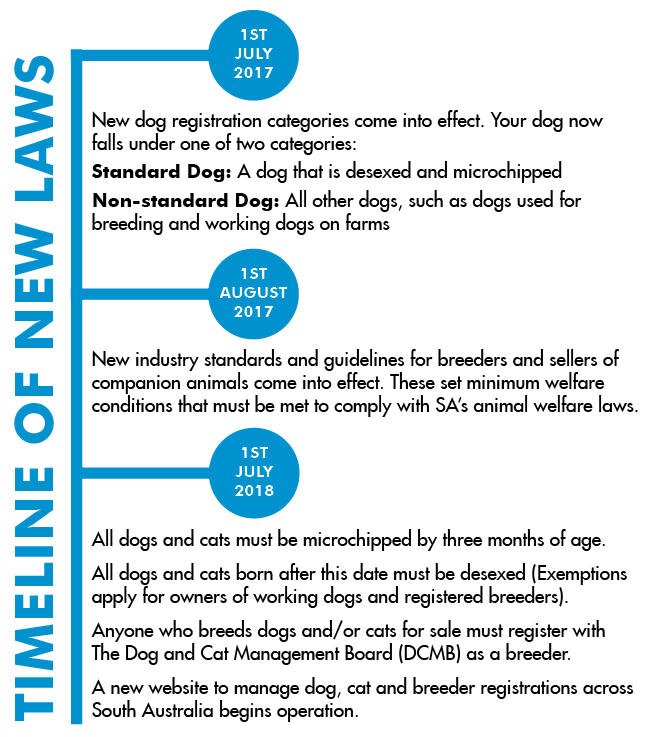
All cats and dogs born after July 1, 2018 MUST be desexed
Desexing drastically helps reduce the number of unwanted dogs and cats that end up in animal shelters, many of which are the result of unplanned breeding.
All cats and dogs born after July 1, 2018 must now be desexed by six months of age. Dogs and cats born before that date are not legally required to be desexed, but owners are encouraged to do so.
As an extra incentive, South Australian councils now offer a 50% rebate on annual registration fees to owners of desexed and microchipped dogs (see below for more details.)
Owners who buy or are given un-desexed puppies and kittens have a legal responsibility to desex their new pet by six months of age.
For more information about desexing your animal, see RSPCA’s Knowledgebase.
All cats and dogs in South Australia MUST now be microchipped
Microchipping is now mandatory across South Australia, with all dogs and cats legally required to be microchipped by three months of age or within 28 days of acquiring the animal.
Microchipping is quick and inexpensive. It is a small procedure, like getting an injection, and it permanently identifies your animal should they ever become lost or wander. You must register your cat or dog’s microchip number with the new state-based Dogs and Cats Online system, which is free to use.
If your pet is already registered with one of the national systems (such as Pet Chip Registry, Central Animal Records, Petsafe and HomeSafeID) you will also need to enter this microchip number into South Australia’s Dog and Cats Online system.
Keeping your contact details up-to-date is hugely important – ensure you update the system whenever you move house or change phone number.
All veterinarians offer microchipping, with many offering discounted rates to concession cardholders. Chipblitz also offers regular $10 microchipping days across South Australia.
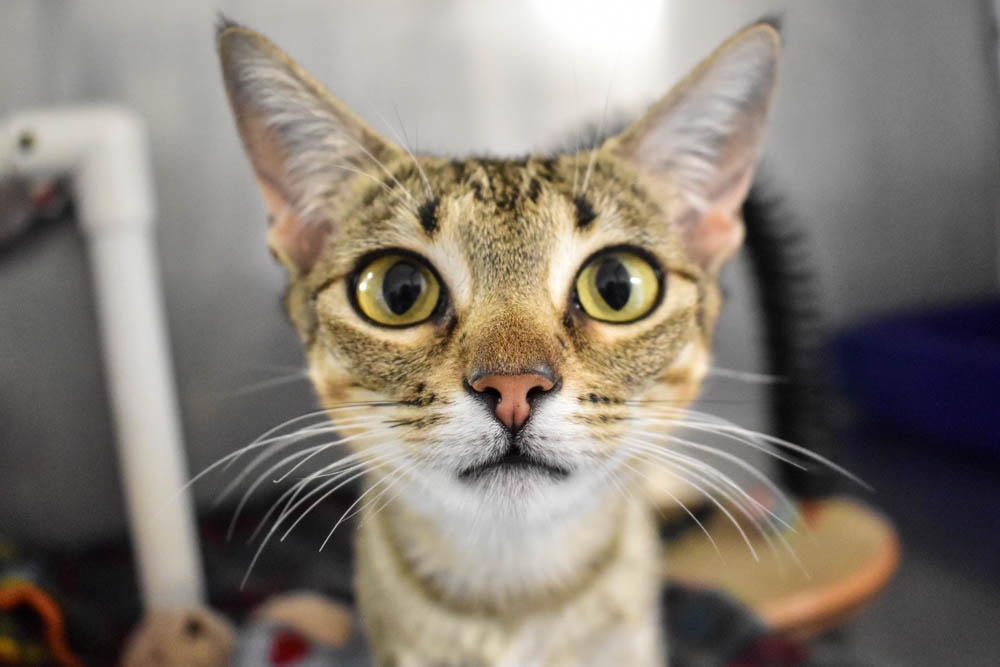
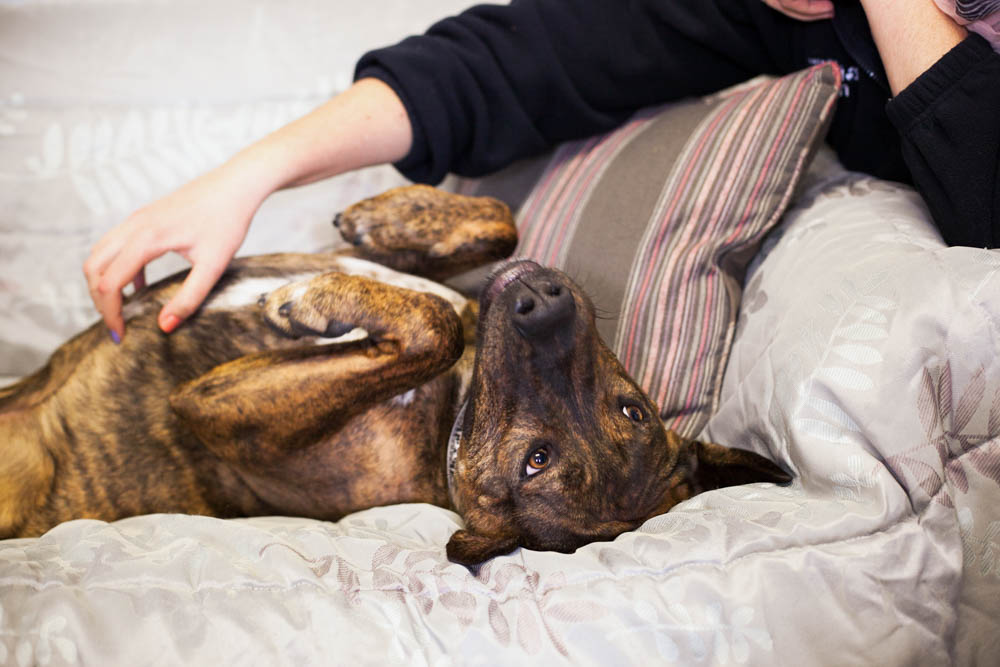
Registration tags a MUST for all dogs in South Australia
Dog registration continues to be mandatory in South Australia – but dog registration numbers are now permanent. Instead of receiving different coloured plastic tags each year, you’ll be mailed a once-off grey disc for your dog’s collar.
This change will reduce plastic waste, streamline pet registration, and ensures your dog’s registration number remains the same, even if you move to a different council area.
Each council decides their area’s annual dog registration fee, with most charging around $70. All revenue goes towards local dog and cat management strategies, such as new dog parks and dog safety education.
If your dog is older than three months, you have 14 days to register your pooch.
50% registration rebates for desexed and microchipped dogs
Local councils are now required to set two mandatory registration fee categories – ‘standard’ and ‘non-standard’ dogs.
The ‘standard’ classification applies to any dog that is both microchipped and desexed. Owners of such dogs automatically receive a 50% rebate on their dog’s registration fee.
The ‘non-standard’ category applies to dogs that are not desexed and microchipped, with owners required to pay the full registration fee. The 50% rebate will not be available until the animal is both microchipped and desexed.
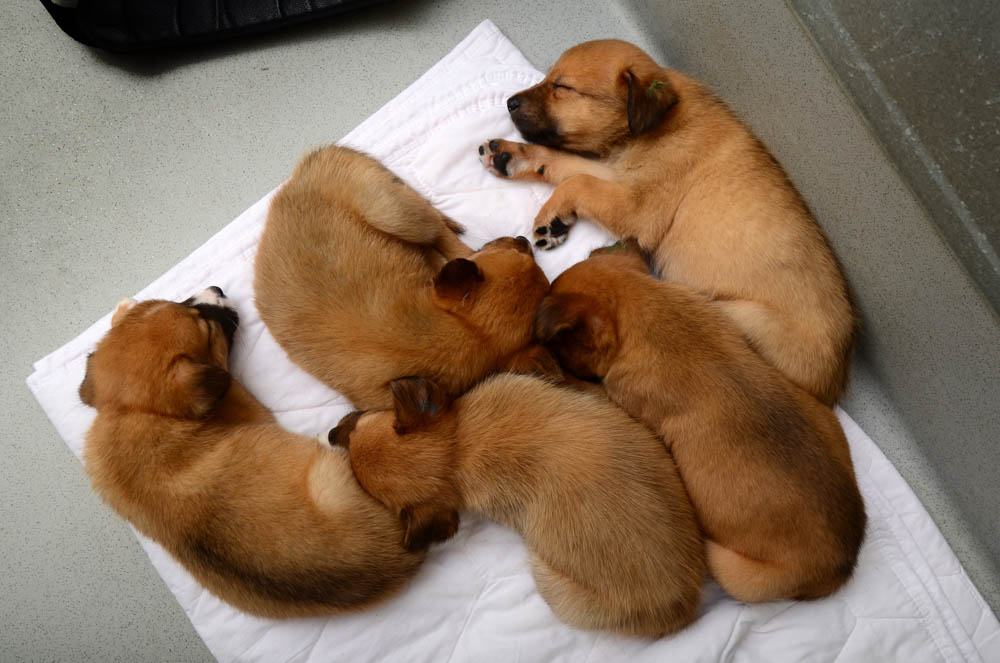
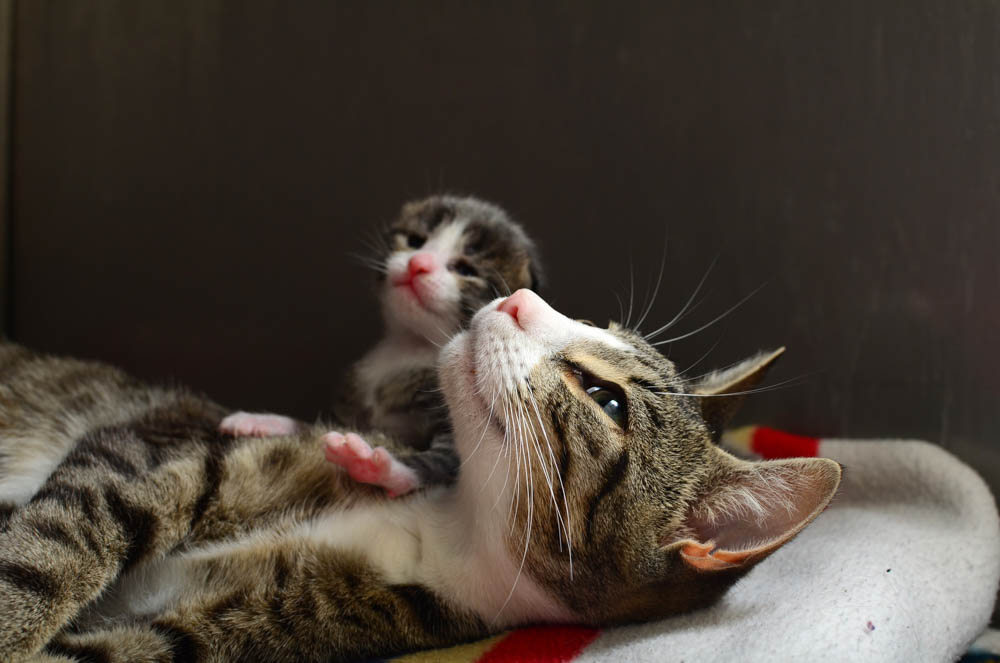
Dog and cat breeders MUST apply for registration
All dog and cat breeders must now register with South Australia’s Dog and Cat Management Board (DCMB) as a certified breeder. This law, enforced from July 1, 2018, aims to eliminate profit-driven kitten and puppy farms, where animals are kept in cramped conditions with little regard for their welfare.
You must register as a breeder if you have, or are responsible for, a dog or cat that has puppies/kittens that you intend to sell – even if you only ever plan on breeding one litter. ‘Selling’ also includes any ‘barter’ or ‘exchange’. So, for example, if you give away a puppy but require the purchaser to pay for desexing costs, this would still be breeding for sale and you would need to register as a breeder. These laws also apply to working dogs and breeders of racing greyhounds.
Registration as a breeder automatically exempts your dog or cat from the requirement to be desexed.
Once registered, you will be issued with a Breeder Registration Number (BRN). Registration must be renewed annually in order to continue breeding dogs or cats. You must include your BRN in any advertisement (including online advertisements) for the sale of any dog or cat you breed. The BRN must also be provided to the purchaser, at the point of sale.
Exemptions from the breeding registration requirement only applies to individuals who do not receive payment of any kind in exchange for an animal. So you do not need to register if you don’t make money from your dogs or cats, but rather give them away without asking for anything in return. (Note, though, that all dogs and cats born after July 1, 2018 must be desexed.)
FAQs about breeding laws:
My dog/cat is pregnant by accident – an unplanned litter. Am I considered a breeder?
Mistakes happen sometimes! If you find yourself with unwanted puppies or kittens, then it’s important to take good care of them until they are old enough (at least eight weeks old) to go to new homes. Make sure whomever you give or sell them to understands their responsibilities as pet owners – not everyone has the time, money, temperament or environment to care for animals properly. (You would have to register as a breeder with the Dog and Cat Management Board if you decide to sell the puppies or kittens.)
If you can’t find suitable homes, then we recommend that you take them to a reputable shelter, such as one of RSPCA South Australia’s shelters. And please get your pet desexed so it doesn’t happen again!
Can I still sell my puppies/kittens online, privately or in pet shops?
Yes, so long as you are a registered breeder with the Dog and Cat Management Board and provide the required details to the buyer, including current contact details and your Breeder Registration Number.
Dogs and cats can still be sold through pet shops, providing the pet shops comply with the South Australian Standards and Guidelines for Breeding and Trading Companion Animals 2017, as well as South Australia’s Animal Welfare Act 1985.
As with other sellers, pet shops must include a Breeder Registration Number in all of their advertisements and must provide the purchaser of any dog or cat with a BRN. If they sell a dog or cat without providing this BRN, the pet shop will commit an offence.
Is there a penalty if I sell puppies or kittens without being registered as a breeder?
Yes. It is an offence if you fail to register as a breeder and you sell or advertise puppies or kittens for sale that have been born on or after 1 July 2018.
What do these laws mean for breeders of working livestock dogs?
Primary producers who breed working livestock dogs are entitled to keep their dogs entire. However, they must still register as breeders.
A working livestock dog means a dog usually kept or proposed to be kept on rural land by an owner who is a primary producer, or a person engaged or employed by a primary producer. The definition does not include a breed, just the purposes for which the dog is kept.
The dog is to be kept primarily for the purpose of droving, protecting, tending, or working stock, or is being trained in droving, protecting, tending, or working stock. This includes dogs kept for guarding livestock on rural land, but not guard dogs kept for property protection on rural land.
Primary producers who breed working livestock dogs are not exempt from the breeding registration laws and are still required to register as breeders.
If the dog will no longer be used as a working livestock dog, the desexing exemption will end and the owner (whether the breeder or a subsequent purchaser) must desex the dog.
Do I need to register if I’m already a breeder association member, or if I’m breeding non-pedigree pets?
Yes, you will still need to register as a breeder with the Dog and Cat Management Board, even if you’re already a member of a breeder association, such as Dogs SA or the Feline Association SA. The breeder register also applies to breeders of all dogs and cats, not just pedigrees.
Can a child register as a breeder?
No. Children under 18 may not register as a breeder. In these circumstances the parent or guardian of the child must register as a breeder.
Are there mandatory breeder standards?
Yes. The South Australian Standards and Guidelines for Breeding and Trading Companion Animals 2017 are legally enforceable minimum standards for the breeding, trading and supply of companion animals. (Guidelines are the recommended practise for achieving good animal welfare outcomes. Some guidelines provide recommendations for complying with a standard.)
What should I do if I think someone is breaching these new laws?
You can report an unregistered breeder or a person supplying a puppy or kitten without a Breeder Registration Number to your local council.
If you have animal welfare concerns in relation to any breeder (registered or not), you can call RSPCA South Australia’s 24-hour hotline on 1300 477 722.
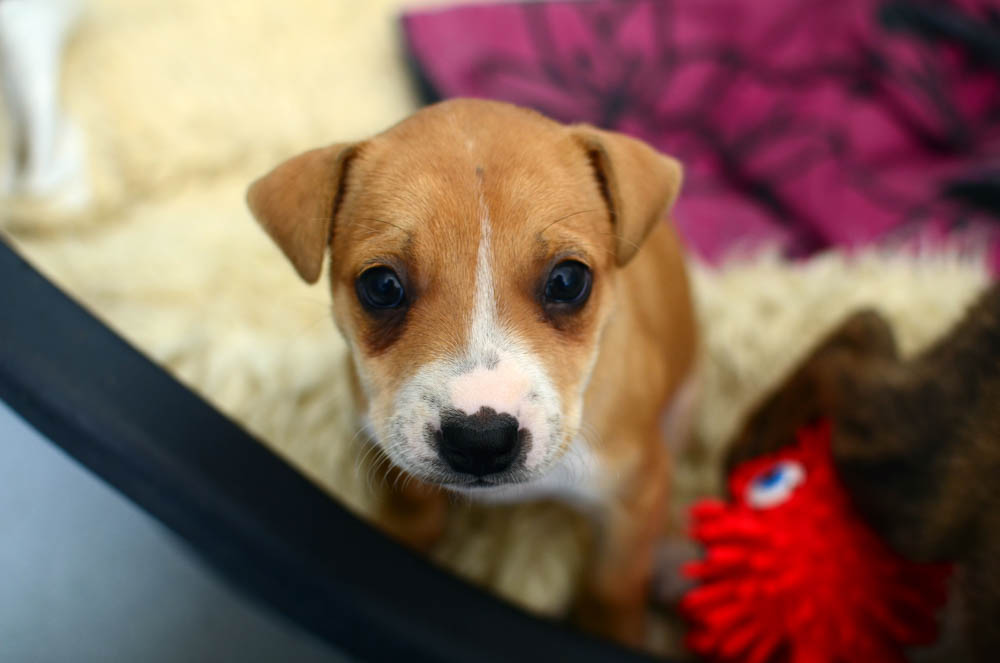
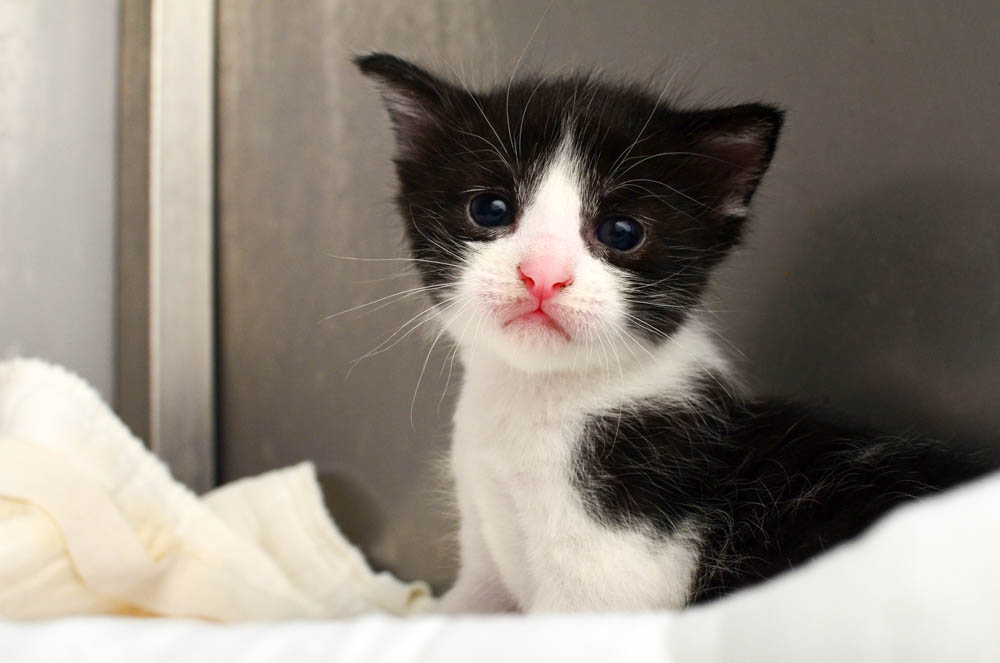
Potential pet owners must still take care when choosing breeders
The breeder registration laws are designed to improve animal welfare standards and reduce the operation of illegal puppy farms in South Australia.
If you are looking to purchase a puppy or kitten from an independent breeder, your local council can confirm if the individual you are purchasing the animal from is a registered breeder. The Dog and Cat Management Board is also developing an online database that will enable the public to identify and contact dog and cat breeders.
However, the register will list all South Australian breeders, the good and (potentially) the bad. This will ensure that council officers and RSPCA South Australia know where all breeders are located, so possible law breaches can be investigated. Consequently, registration as a breeder will not be a guarantee of quality.
Under the registration system, breeders must comply with the SA Standards and Guidelines. Unfortunately, due to insufficient resources to regularly inspect all dog breeding facilities, there have been incidents interstate of puppy farms operated by registered breeders.
We recommend you read RSPCA’s Smart Puppy Buyer’s Guide before going in search of your new furry friend so you can more easily identify reputable breeders.
Council officers have increased powers to investigate animal welfare
Council officers have increased powers to investigate dog and cat offences from July 1, 2018. Officers will have powers to take photographs or videos, seize evidence and compel suspects to provide their name, contact details and other information.
Fines and expiations for dog and cat owners who flout the rules will also increase.
The Act and its laws are enforced by the Dog and Cat Management Board and your local council. Please contact them if you have any questions or concerns.




